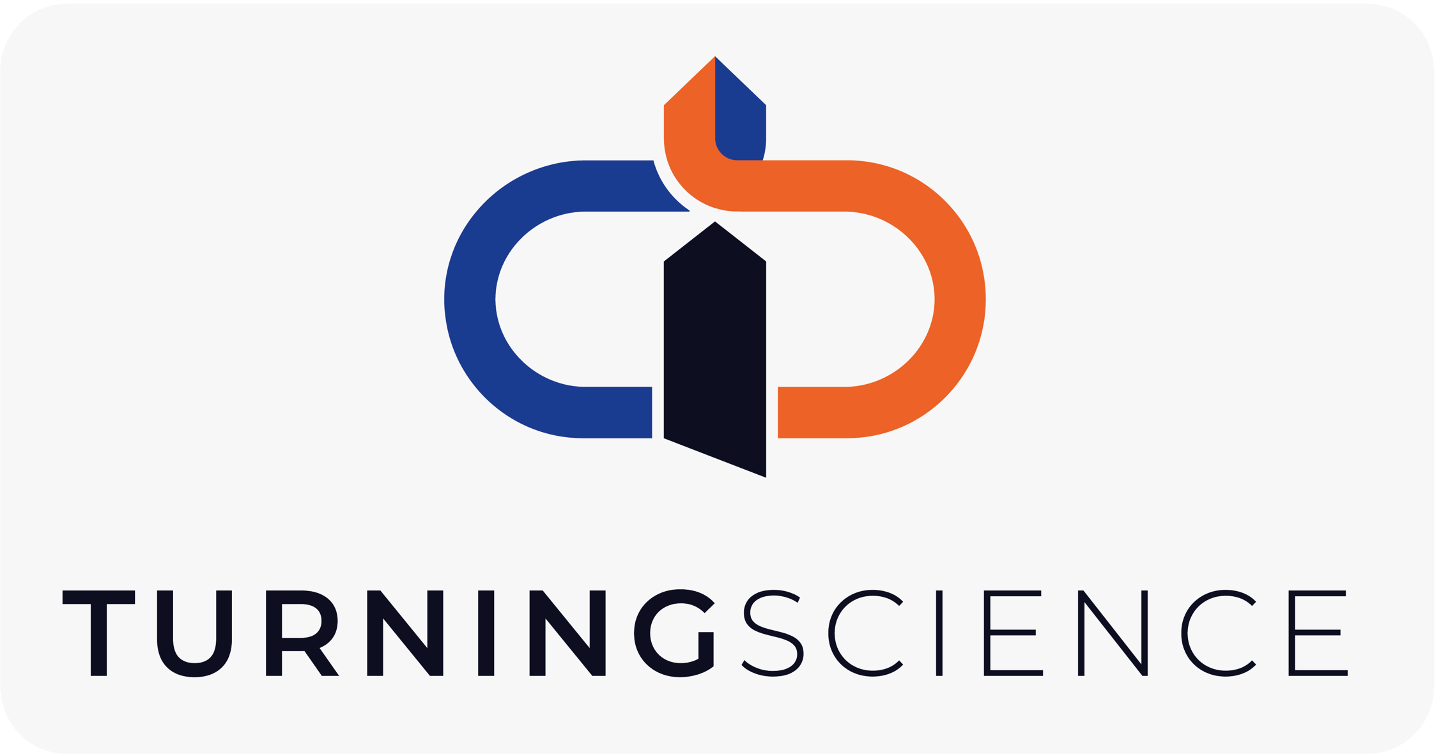
Startup Basics for Scientists
The interactive workshop that teaches scientists what working at a startup is really like
so they can decide,
‘Is the startup life for me?’
(online or in-person)
Have you ever thought about working for a startup?
Or maybe you even want to go one step further: your research has some promising applications and you’ve actually thought about starting your own company?
The world of startups is very exciting, but it requires skills and knowledge that aren’t as critical when working for an established company. In a startup there is much less structure to guide you and you may have to cover many different roles with little support.
This workshop will give you an introduction to the world of the startup tech company. You will learn to decide if you and the start-up world are a good fit. You will learn how a brand new product is brought to market, and which critical skills and tools you need for being successful.
Workshop Content:
Introduction – What is a startup really about?
What’s it like to work for a startup?
Startups vs. established companies
Why do startups fail?
Can a scientist be a good entrepreneur?
Technology commercialisation and product development
What is a product? The 5 critical elements
Your Product (What), Features (How) and Value Proposition (Why)
Development systems for successful products
Your pitch – selling your idea
Goals of your pitch. Who is your audience?
Your pitch deck
Selling your own capabilities
Productivity in the startup environment
Understanding the private sector
A scientist’s role in a startup
Critical skills for the startup environment
Workshop Instructor:
David M. Giltner, PhD – Founder and CEO of TurningScience
David has spent more than twenty years developing cutting-edge photonics technologies into commercial products in the fields of optical communications, remote sensing, directed energy, and scientific instrumentation. In 2017 he started TurningScience to provide training for scientists of all disciplines seeking to enter the private sector as employees, collaborators, or entrepreneurs.
David is the author of the books Shaping the World: The Vital Role of Scientists in Industry, It’s a Game, not a Formula: How to Succeed as a Scientist Working in the Private Sector and Turning Science into Things People Need: Voices of Scientists Working in Industry and is an internationally recognized speaker and mentor on the topics of technology commercialization, product development, and career design.
David has a BS and PhD in physics and holds seven patents in the fields of laser spectroscopy and optical communications.



